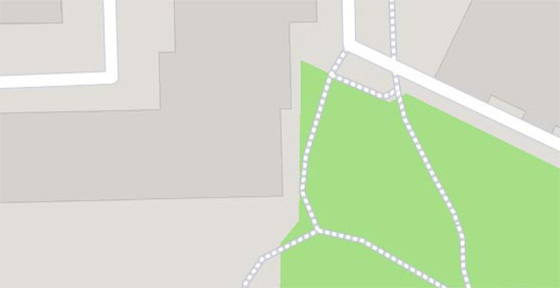The Roman stadium dates back to the beginning of the 2nd century, during the reign of Emperor Hadrian. It is one of the largest and best-preserved ancient Roman buildings on the Balkan Peninsula. It is 240 m long and 50 m wide, and in its heyday it could accommodate up to 30,000 spectators.
The stadium was discovered in 1923. Today, much of its remains are located under the promenade and adjacent buildings in the city center. The northern, arched part of the building has been restored and can be seen on Dzumaya Square. It consists of several semicircular rows of seats, a section of a track and an underground corridor.
There is an information center and a panoramic cafe next to the stadium. They are separated from each other by a glass exhibition wall, which is dedicated to the ancient history of the city.
Attractions inside




